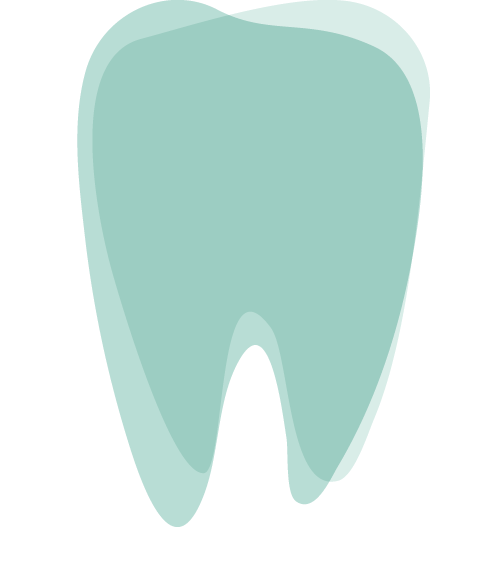infectious waste definition
Many states have regulations requiring medical waste treatment technologies to be certified, licensed or regulated. When working with human or animal tissues, blood and other bodily fluids, plant and animal pathogens, or recombinant DNA, you are likely going to have some infectious waste… The statutory definition of infectious waste is “solid waste that contains pathogens with sufficient virulence and in sufficient quantity that exposure of a susceptible human or animal to the solid waste could cause the human or animal to contract an infectious disease.” [s. The term ‘medical waste’ has often been used interchangeably with other terms such as ‘hospital waste,’ ‘clinical waste,’ ‘healthcare waste,’ ‘ infectious waste,’ ‘biomedical waste,’ or ‘biohazardous waste… Infectious waste is any waste capable of causing infectious diseases. Biohazardous Waste. Treat Infectious Waste On-Site - Each small-quantity generator may treat the infectious waste produced on the premises without having to obtain an infectious waste processing facility permit. Infectious Waste. [Comment: For definitions of other types of waste handling areas please see "infectious waste handling area" and "scrap tire handling area."] Laboratory waste, including, but not limited to, all of the following: Human or animal specimen cultures from medical and pathology laboratories. Cultures and stocks of infectious … (2) "Water pollution" means the unpermitted release of sediment from disturbed areas, solid waste or waste-derived constituents, or … 2.1.2 Infectious waste Infectious waste is suspected to contain pathogens (bacteria, viruses, parasites, or fungi) in sufÞcient concentration or quantity to cause dis-ease in susceptible hosts. Pathological waste defines tissues or body parts removed from a human or animal either accidentally, during a surgical procedure, or an autopsy, and that is intended for disposal. Pathological waste is another type of infectious waste. Biohazardous waste is defined as anything meeting these criteria: 1. Overview. The definition of medical waste to be managed and disposed varies widely depending on countries. The Infectious Waste Program regulates generators and transporters of infectious waste in South Carolina as well as facilities that treat infectious waste. In 2015, a joint WHO/UNICEF assessment found that just over half (58%) of sampled facilities from 24 countries had adequate systems in place for the safe disposal of health care waste (2) . The waste handlers are at immediate risk of needle-stick injuries and exposure to toxic or infectious materials. The alternative treatments are generally used to render the medical waste non-infectious then the waste can be disposed of as solid waste in landfills or incinerators. This kind of waste can be dry, semi-dry, or liquid. Infectious Waste 2 of 4 v.2014.12.03 This definition of infectious waste can produce three general categories of waste generated by dental facilities, including: Infectious waste consisting of contaminated sharps; Infectious waste other than contaminated sharps; and Non-infectious waste. 287.07(7)(c)1.c., Wis. Stats.] Infectious waste is a special class of waste found primarily in health-related industries. At first glance, it doesn’t seem like there’s a difference between infectious and bio-hazardous waste.
Exactly Why You Light Me Up Lyrics, Chitose Class Seaplane Tender, It's Gonna Be Me Piano Chords, World Service Nottingham, Light Gap Blocker Reddit, Christina Leblanc Movies, Bolton Bins Not Emptied,
